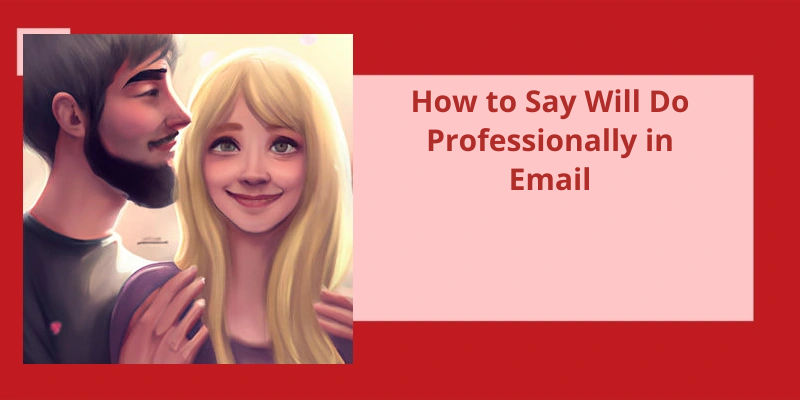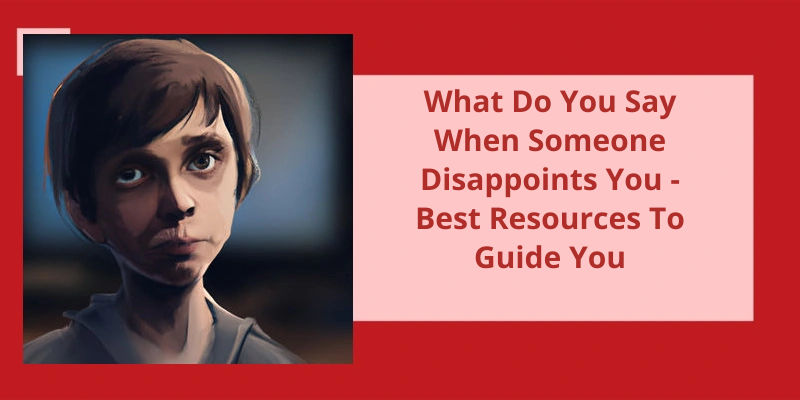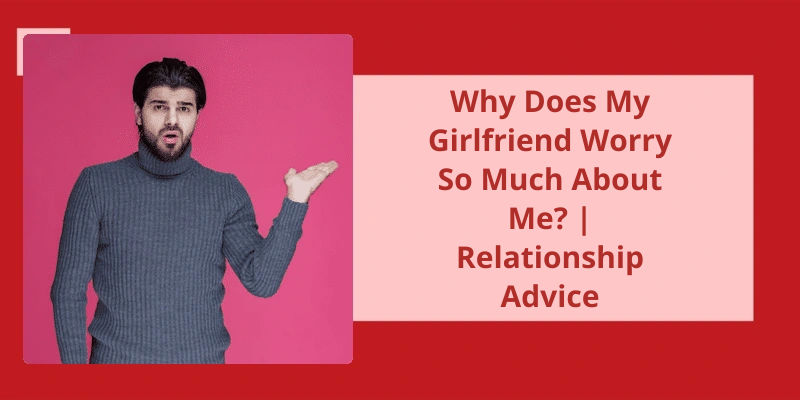Crushing on someone can feel like a roller coaster ride. The highs when you're with them and the lows when you're not. But what happens when that journey comes to an abrupt end? The question lingers, how long does it take to get over a crush after rejection? While some people may seem to bounce back immediately, others may take longer, and for a small percentage of individuals, it may take months. Psychological research has shown that the process of moving on and healing after rejection isn’t an overnight process; however, it’s possible to come out the other side stronger, wiser, and with newfound personal growth. Let's explore this topic further.
Should I Talk to Him After He Rejected Me?
It’s important to give yourself time to process and heal from the rejection before attempting to reconnect with him. This will allow you to approach him with a clear head and a sense of emotional stability. It’s natural to feel hurt and disappointed after being rejected, so taking time for yourself is crucial.
It may also be beneficial to reflect on the reasons why he rejected you. This could help you better understand where he was coming from and how you can approach the situation moving forward. It’s important to remember that rejection isn’t a reflection of your worth as a person, and that there may be a variety of reasons why he was not interested in pursuing a relationship at this time.
When the time does come to reconnect with him, it’s important to approach him with honesty and respect. Be clear about your intentions and what you hope to achieve by reconnecting. It’s also important to listen to his perspective and respect his boundaries. If he’s not interested in rekindling a connection, it’s important to accept his decision and move forward.
It’s important to prioritize your own needs and feelings, and not to feel pressure to reconnect if you aren’t ready. Remember that healing takes time, and that it’s okay to take things slow and at your own pace.
How to Approach Rejection in a Healthy Way
Dealing with rejection can be tough, but it’s important to approach it in a healthy way. One way to do this is to understand and acknowledge your feelings, rather than dismissing or suppressing them. It’s also helpful to reframe the situation and think positively about the future, focusing on the lessons learned and opportunities for growth. Additionally, seeking support and practicing self-care can aid in the healing process.
It’s never easy to move on from a crush who rejected you. You might find yourself constantly thinking about them and wondering what went wrong. However, there are some steps you can take to help yourself move forward and leave those thoughts behind. By following a few simple tips, you can start to feel better and get back to living your life to the fullest.
How Do You Stop Thinking About Your Crush Who Rejected You?
One of the most difficult things to grapple with emotionally is the feeling of rejection from someone we care about deeply. When a crush rejects us, it’s natural to feel hurt, alone and unsure of what to do next. However, the key to moving on is to first cut off contact with the person who rejected you. It’s important to remember that this form of “radio silence” doesn’t need to be forever, but it’s a necessary part of the healing process. Giving yourself space from your crush can help you clear your head and minimize the chance of any negative interactions.
During this time, it’s essential to find healthy and productive ways to occupy your time and thoughts. Surround yourself with loved ones and do activities that bring you joy. Consider starting a new hobby or diving deeper into something you already love. Channeling energy into these types of constructive activities can fill any void left by the absence of your crush and can even help take your mind off of them entirely.
It’s also helpful to work on your own self-improvement. Focus on personal growth by establishing goals, implementing healthy habits, and practicing self-care. Building up your confidence and nurturing your own sense of self-worth can take the sting out of rejection. Keep in mind that it’s essential to practice self-esteem and self-compassion regularly.
Another critical component of this healing process is finding closure. Even if you havent seen your crush in a while, it can be hard to fully move on until youve had some form of closure. This can happen through a heartfelt conversation, writing a letter (even if it’s one that you don’t send), or by discussing your experience with a trusted friend or family member.
Finally, remember that time truly is the best medicine. It’s easy to feel like the pain of a rejection will never go away, but thats not the case. As time passes, your feelings will begin to shift, and eventually, youll start to feel like your old self again. The key is to stay patient, compassionate with yourself, and focus on building a future that makes you happy.
It’s not uncommon for people to develop feelings for someone they previously rejected – whether it’s because of a change in circumstances or simply getting to know the person better. In this article, we delve deeper into this concept and explore the reasons behind it.
Can You Develop Feelings for Someone You Rejected?
It’s possible to develop feelings for someone you rejected, especially if you’ve spent time with them and gotten to know them better. Sometimes, people can change our perceptions of them, and this can ignite feelings that we never thought were possible. In addition, people can grow in different ways over time, and this growth can make them more appealing or attractive to us.
On the positive side, it can be a sign of personal growth and maturity. It takes a lot of courage to admit that you were wrong about someone and to be open to the possibility of a romantic relationship with them. On the negative side, it can also be a sign of indecision or confusion. It’s important to be honest with yourself about your feelings and why you rejected someone in the first place.
One thing to keep in mind is that rejection can be painful for the other person involved. If you’re considering reaching out to someone you rejected, it’s important to be respectful of their feelings and to approach the situation with sensitivity. You should also be honest with them about your intentions and your feelings. Communication is key in any relationship, and it’s especially important when it comes to processing rejection and moving forward.
Ultimately, it’s up to each individual to decide if they’re willing to reopen the door and give someone another chance.
How to Approach Someone You Rejected and Express Your Newfound Feelings
- Reflect on your feelings and identify why you rejected them in the first place
- Consider the impact of your rejection on the other person’s emotions
- Think about what you want to say and how to say it in a respectful and honest way
- Choose an appropriate time and place to have the conversation
- Start by acknowledging your previous rejection and expressing your regret
- Clearly communicate your new feelings and why they’ve changed
- Listen to their response and respect their reaction, even if it’s not what you hoped for
- Give them space and time to process their emotions
- Be open to the possibility of rejection again, but accept their decision with grace and understanding
When it comes to rejection, it can be tough to figure out the right course of action. While some may crave immediate closure, others might need more time to process their feelings. Whatever your approach, it’s important to respect your boundaries and do what feels best for you. With that in mind, let’s dive into some of the different factors that might help you decide whether or not to talk to your crush after rejection.
Should You Talk to Your Crush After Rejection?
Rejection is never easy, especially when it comes to matters of the heart. It can leave us feeling vulnerable, embarrassed, and unsure of how to proceed. One of the most common questions people ask themselves after being rejected by their crush is whether they should continue to talk to them or give them some space. While theres no one-size-fits-all answer to this question, it’s important to take some time to reflect on your feelings and decide whats best for you.
On the other hand, if you feel like youre ready to talk to your crush again, theres no need to hold back. Sometimes, a rejection can actually bring two people closer together by opening up a dialogue and allowing them to be more honest and vulnerable with each other. If you do decide to reach out, be honest with your crush about how youre feeling and what you hope to gain from the conversation. If theyre receptive, it can be a great opportunity to learn more about each other and build a stronger connection.
No matter what you decide, the most important thing is to be gentle with yourself and avoid putting too much pressure on the situation. With time, patience, and self-care, youll be able to move on from the rejection and find happiness in yourself and your relationships.
Source: Would you try again for your crush after rejection?..
It can be a confusing and difficult experience when your crush rejects you. Despite the rejection, you may still find yourself with strong feelings for this person. It’s important to understand why you’re still drawn to them and how to navigate these emotions in a healthy way.
Why Do I Still Like My Crush After Rejection?
In fact, it’s common for people to continue liking their crush after rejection, especially if they’ve strong emotional connections with them. These connections can be built over a long period of time, and even though the other person doesn’t feel the same way, the feelings can still linger. It’s okay to feel this way and it’s important to acknowledge the emotions you’ve for your crush.
Although this may not be the healthiest mindset, it’s important to recognize that you can’t force someone to like you back. It’s crucial to understand that the decision is entirely up to the other person, and you can’t control their feelings. However, it’s also important to realize that you can control your own emotions and actions towards that person.
You may have had great conversations, shared similar interests or values, or simply enjoyed each other’s company. These positive experiences can be difficult to just let go of, and it’s okay to reminisce about the good times. However, while it’s important to appreciate the good memories, it’s essential to keep in mind that it’s in the past and to move on.
It’s also possible that youre holding onto the idea of what could have been. Rejection can leave you feeling disappointed and sometimes even resentful. You might think about all the “what ifs,” and wonder what could have happened if things had gone differently. This can be a problematic thought process, as it can prevent you from seeing the situation for what it really is. You need to accept the situation as it stands and move forward.
Ultimately, it’s natural to still like someone after being rejected. Feelings don’t simply disappear overnight. Accept that not all relationships work out the way we want them to, and learn to let go by focusing on other things that bring value to your life. Remember that self-love and self-worth are fundamental aspects of a healthy life, and that your happiness doesn’t depend on anyone elses approval or attention.
Coping Mechanisms After Rejection From a Crush
- Surround yourself with supportive friends and family
- Engage in self-care activities such as exercise, meditation, or creative hobbies
- Remind yourself that rejection is a normal part of life and doesn’t define your worth
- Focus on your personal goals and aspirations
- Seek professional help from a therapist or counselor if needed
- Give yourself time and space to grieve the loss and process your emotions
- Don’t be too hard on yourself and practice self-compassion
Conclusion
In essence, moving on from unrequited love or a failed relationship takes time. But it’s important to remember that everyone heals differently, at their own pace, and there’s no right or wrong timeline for recovery. It’s critical to take care of oneself during this period of transition and to seek support from friends, family, or a therapist if necessary. Overcoming heartbreak is a journey that requires patience, self-compassion, and a willingness to learn and grow from the experience. Only then can one find closure and begin to open up to new possibilities in life.






